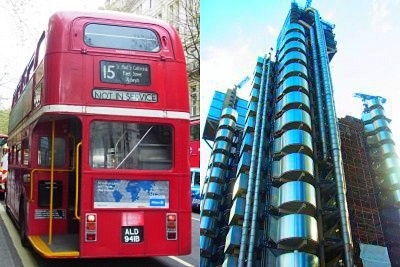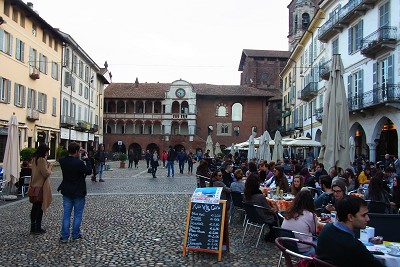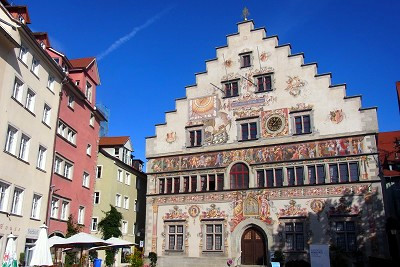Many books inspired me to become a traveller. I often visit towns mentioned in books or trace their routes.
Master Keaton
Master Keaton is a Japanese series of comic books created by Naoki Urasawa and those have been translated into English. Taichi Keaton is a part-time professor and an insurance investigator. He often meets strange incidents and solves them by making use of his experience in the SAS. In fact, he wants to study archaeology. He sometimes seems a little distant, actually that is what makes him so cute.
BTW, Keaton travels to lots of different places at work, so I hope to go.

Midnight Express
Midnight Express inspires me to travel the world over. Kotaro Sawaki wrote about his journey from Hong Kong to London on an overland by bus only. There are so many freaks, and many of them traced his route. Of course, so do I. And I sympathized with his twenties’ young melting mood. His travel breath is still fresh even in today’s age of smart travel.
BTW, this book was only written in Japanese, but I hope it will be translated and made readable to people all over the world.

Investment Biker
Jim Rogers is a very famous adventure capitalist and he travelled around the world by bike. He usually goes deep into the market while travelling in order to realize local life and business confidence. Although I cannot begin to compete with his experience, I would like to feel the local business atmosphere.
BTW, when he came to my city to give a lecture, I had the opportunity to get his autograph on his books and shake his hand.

The Culture Map
A wonderful book. Erin Meyer explains the cultural differences, especially in business settings such as low/high-context, egalitarian, hierarchical and consensual. I am interested in the cultural differences regarding a risk attitude. For instance, most western companies basically manage their risk spontaneously, but many Japanese companies tend not to spend a fortune on risk management at the expense of their profits.
BTW, I introduced this book in a class I teach for university students.

Critical Studies in the Logic of the Cultural Sciences
Max Weber discussed the possibility of objectivity in historical perceptions. In raising the question of whether history would have taken a different direction if the factors that made it so had been removed or changed, he discussed whether a scientific and objective view was possible, instead of certifying history based on what was convenient.
BTW, I write subjectively, selecting strong impressions rather than the average of travel events, though.



